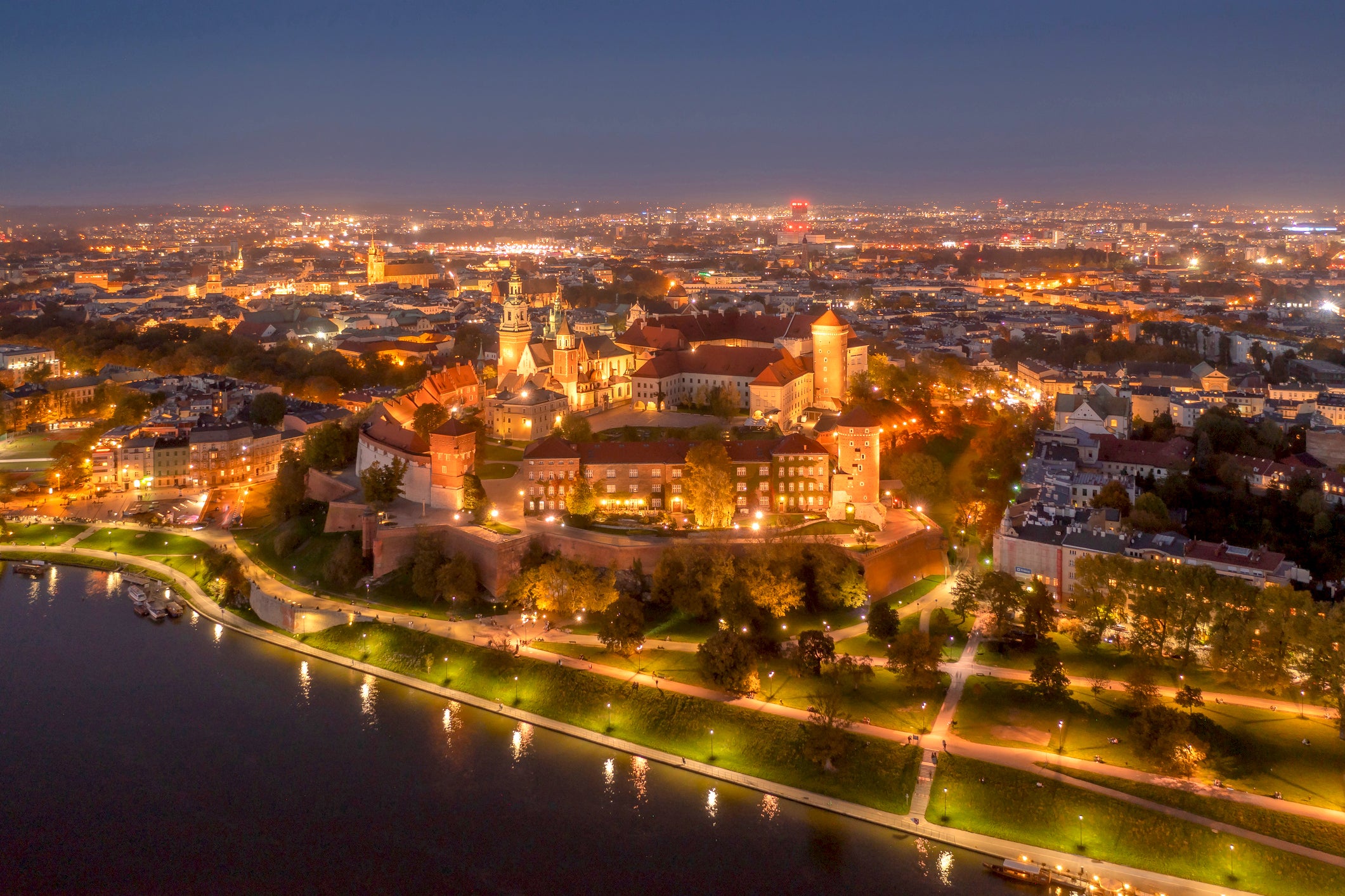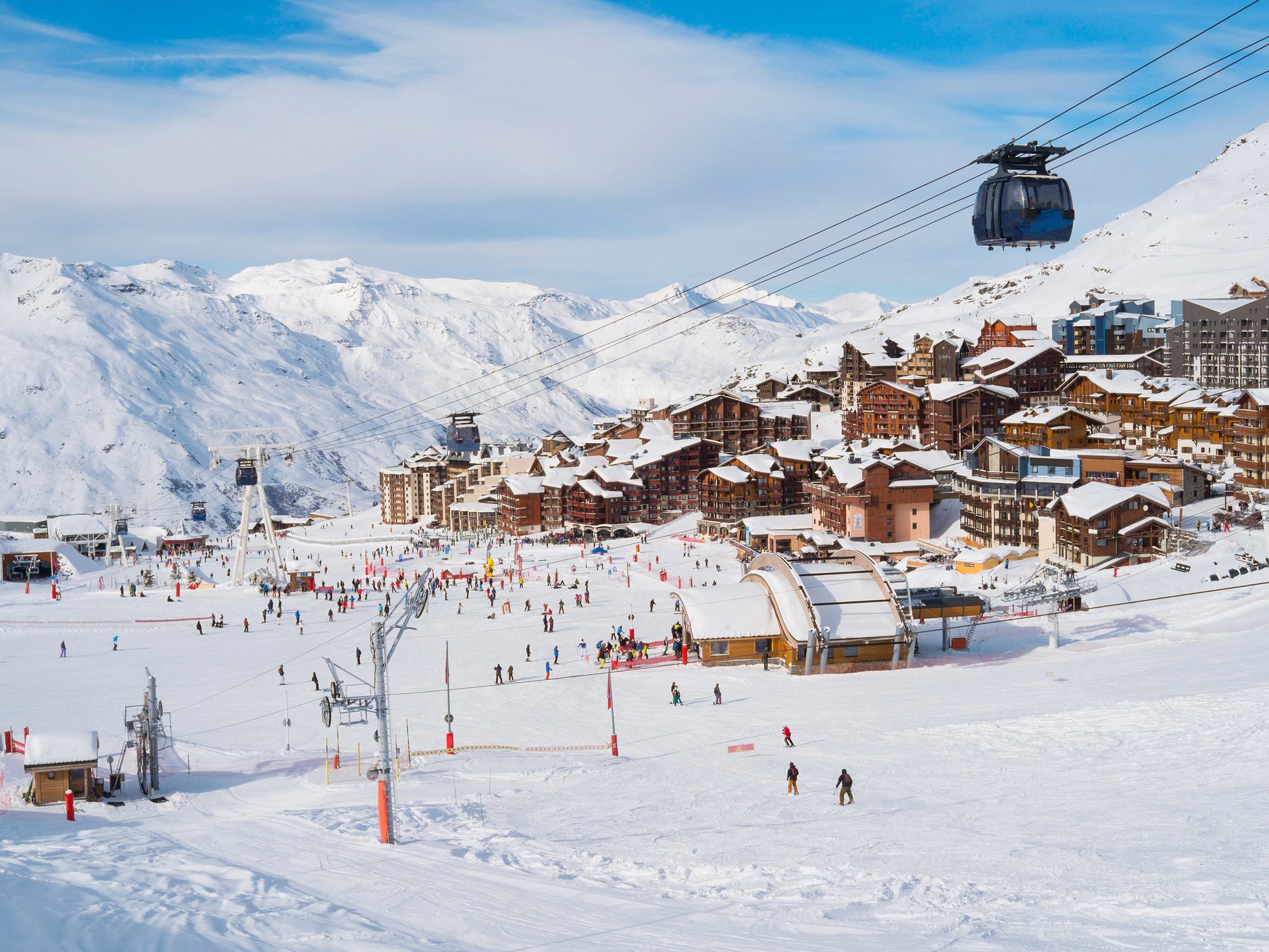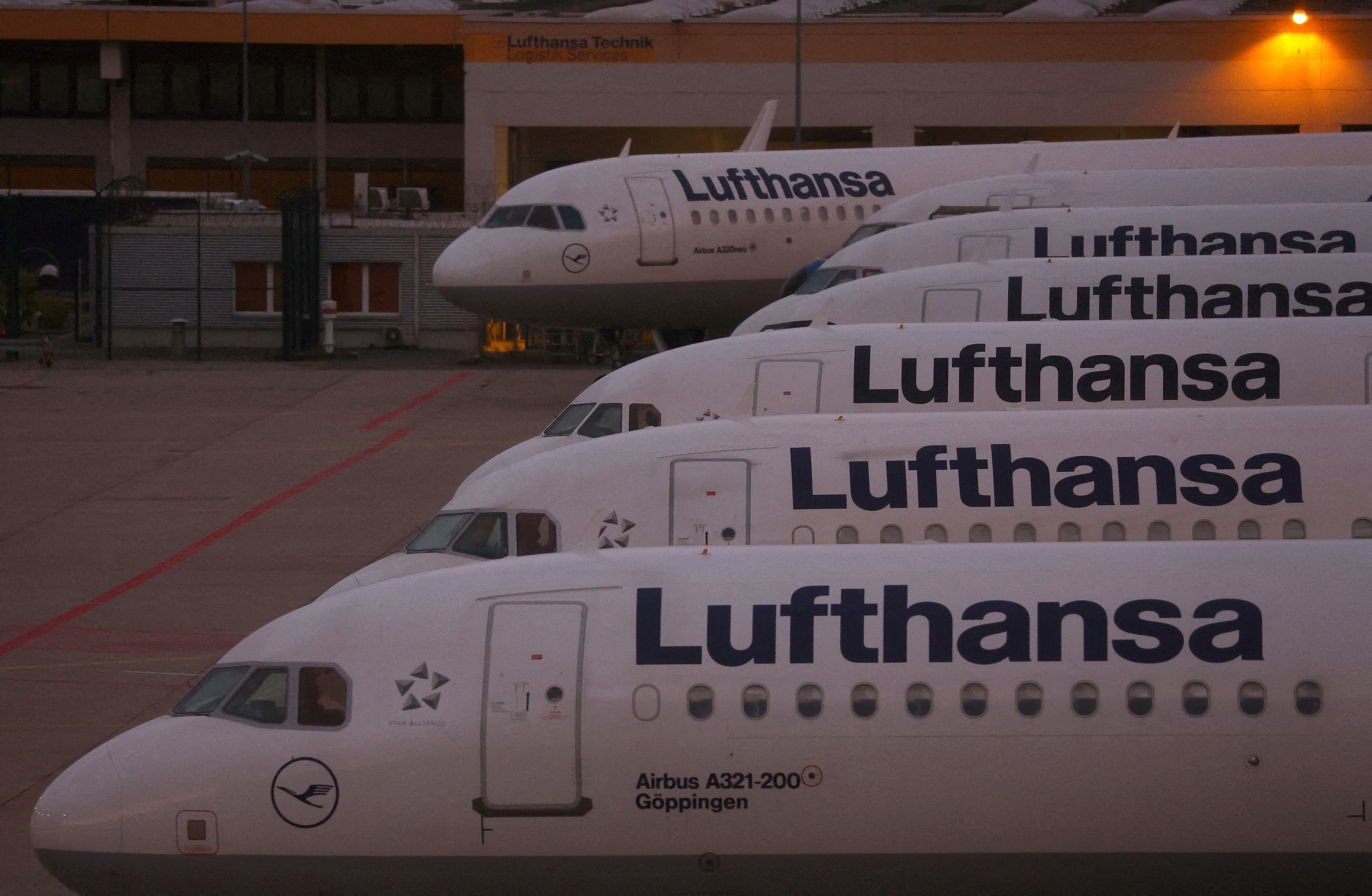Is it safe to visit Ukraine’s neighbouring countries?
Simon Calder on travelling to countries near Ukraine, missing flight connections, and cash on ski trips to France


Q I’ve always wanted to visit Poland. We were thinking of holidaying there at Easter 2023. I am particularly keen to visit Krakow and the area around it. We had originally planned to go this year but were worried about the proximity to Ukraine. Do you believe it will be safe now?
Maureen B
A Vladimir Putin’s brutal invasion of Ukraine has wrought death and destruction on Russia’s neighbour. In addition, the attack has heightened concern about security in Europe, with a non-zero possibility that nuclear weapons could be deployed by the Kremlin. The conflict has understandably raised concern among people who, like you, are keen to visit Poland or another “frontline state”, particularly Slovakia and Hungary.
Yet I would gladly travel to these nations, with one caveat: I would stay away from the Ukrainian border. Not from fear about my personal safety, but to avoid any possibility of inadvertently impeding the humanitarian effort. Krakow is a long way from the frontier and so that would not be a concern.
Easter 2023 will be a lovely time to visit this spiritual city. Visitor numbers are likely to be depleted by others’ worries about Ukraine, so you can expect good deals on hotels. The same does not apply to flights: many people in the UK with family connections in Poland travel there each Easter, driving up demand and fares.
Given your concerns and the unpredictability of the Russian president, it would make sense to defer a final decision until a few weeks before your planned departure. Accommodation and flight seats will still be available. I recommend you also book a guide to take you around Krakow for at least your first morning, to help bring this intriguing and beautiful city to life.
If time allows, consider adding the nearby city of Katowice to your itinerary, either before or after Krakow. You can fly into one and out of the other, as I did on my most recent trip, with a fast train connecting the two. Katowice presents a very different (but friendly and fascinating) face of Poland, with evidence of the decades spent as a communist state alongside some handsome historic monuments and impressive 21st-century developments.

Q We have a ski holiday booked in France in January. We’ve not been abroad since before Covid. Is there any point in getting currency or is France largely cashless – as we are now?
Name supplied
A The pandemic accelerated many changes, including a move towards contactless payments using a credit or debit card. In many parts of the world, cash has been largely superseded by plastic (or, increasingly, smartphone payment systems). My experience in the past few months indicates that in many European countries you could happily enjoy a holiday without being called upon to spend any local currency. And it looks increasingly difficult to rely on cash for spending abroad, with many enterprises from bars to rail firms insisting on payment by card.
Yet for your planned trip – and many others, from city breaks to beach holidays – don’t ditch the euros just yet. Payment systems are fallible, and it would be miserable to discover that a mountainside restaurant’s payment link has failed and only those with cash can order lunch.
Cafe owners may not thank visitors who insist on paying with plastic for a €2 coffee (assuming there is such an item available at that price in your resort). Taxi drivers, in my experience, often say they can only accept cash even if signs (and machines) in the cab suggest otherwise. And at the end of an evening meal, I much prefer to leave a few euros as a tip in cash rather than adding it to the electronic bill.
Given that the bulk of your spending will be contactless rather than cash, make sure that you have a card that will minimise transaction charges. I rely on the Halifax Clarity Mastercard, a straightforward way to avoid the fee of almost 3 per cent that is added to overseas transactions on most other credit cards. You have plenty of time to apply for one. Others say Starling and Revolut offer better rates of exchange, and the new HSBC Global Money option is worth considering if you have an existing account. For most other debit cards the pain is increased with, often, a flat fee of £1.25 or thereabouts.
Most importantly, avoid “dynamic currency conversion” – when the friendly waiter or shop assistant offers the option to pay in sterling. Unless you want to hand over an extra 5 per cent or more to the merchant and their bank, always pay in local currency.

Q I’m in Budapest airport en route to Glasgow via Frankfurt with Lufthansa. My first flight is delayed and I will miss my second flight, which is the last Lufthansa flight of the day. What should I do?
Ann S
A How annoying. But as I write on Monday afternoon, I am looking at flight departures from Budapest and I hope the situation is salvageable. The Lufthansa Airbus coming in to fly you to Frankfurt is likely to touch down around 40 minutes behind schedule. All else being equal, it will probably depart with around the same delay. At which point, with just an hour between the scheduled arrival of your flight from Budapest and the departure to Glasgow, your conclusion that “I will miss my second flight” might seem fully justified. But I see that the schedule for the 520-mile journey from Budapest to Frankfurt is well padded: the time allowed is 105 minutes, and mostly the journey actually takes around 90 minutes.
Lufthansa’s business is built on connections, and staff at Frankfurt will be aware of your tight transfer time. They will do all they can to help you make the connection – and if there are more than a handful of people booked on the Glasgow flight, it could be held for you. If it doesn’t work, and you miss the onward departure, KLM has a flight available from Frankfurt via Amsterdam that will get you there tonight. But it is much more likely that Lufthansa will put you on its own final Edinburgh flight of the day, due in at 10.30pm, and then book a taxi for the final part of the journey to Glasgow. This would get you home around five hours late – at which point you can ask about compensation.
If the original delay was Lufthansa’s fault (such as a staffing or a mechanical problem) then you should be due €400 (£350) in compensation. In any event, given that you were expecting to be back in Glasgow in good time for dinner, the German airline should treat you to a meal at Frankfurt airport.
Good luck.
Email your question to s@hols.tv or tweet @simoncalder






Join our commenting forum
Join thought-provoking conversations, follow other Independent readers and see their replies
Comments